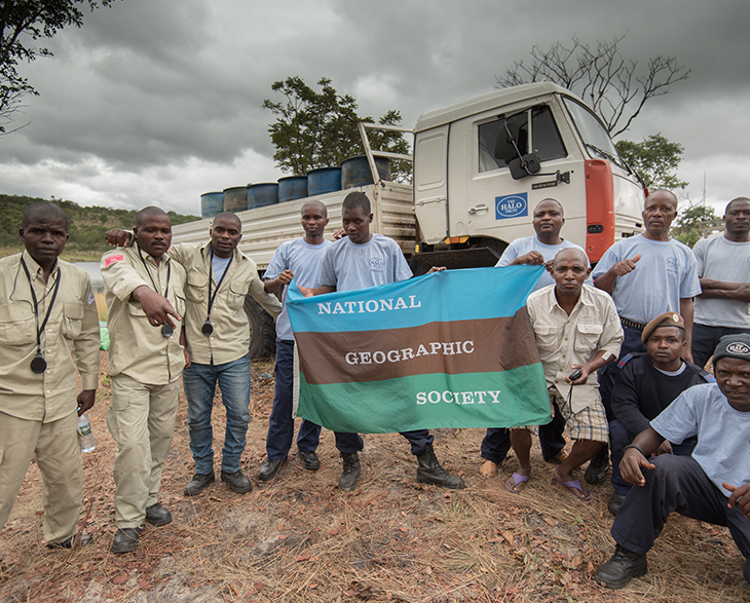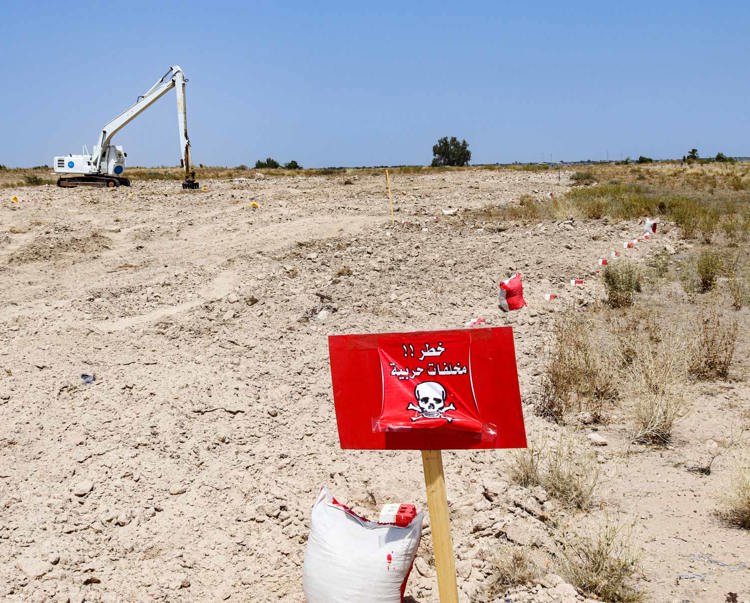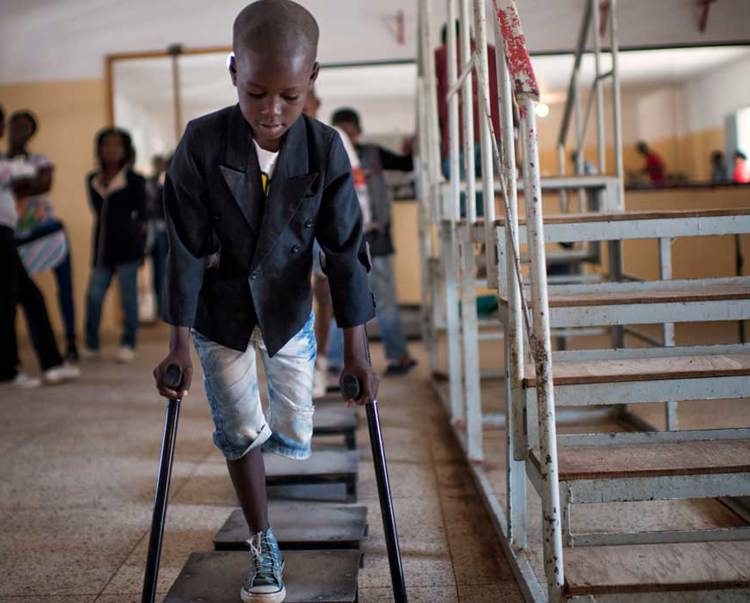"Planet Earth has lost more than 60% of all terrestrial wildlife in the last 50 years."
Nature and biodiversity are part of our life support system. The natural world provides security and sustainable livelihoods for communities across the globe.
Resource scarcity can be a threat during conflicts. 40% of internal armed conflicts in the last 60 years have been related to natural resources. That is set to increase as access to food and water becomes scarcer, and population movement is on the rise.
The cost of conflict is also felt through the environmental impact. According to the ICRC, more than 80% of major armed conflicts between 1950 and 2000 happened in biodiversity hotspots. These regions sustain around half the world's plants and rare species of animals. Access ICRC report PDF
The Vision of Humanity reports that the 19 countries with the most ecological threats are in the top 40 least peaceful. These include Afghanistan, Syria, Iraq, Chad, India, and Pakistan. Access Vision of Humanity report PDF
HALO encounters the realities of this on a daily basis. Environmental degradation puts pressure on limited resources. This drives internal migration, placing further stress on struggling communities. Restoring land and ecosystems is vital to building resilient and secure communities. The nature of HALO's work means we operate in many of the most affected regions in the world. These regions are often inaccessible to other organisations.
In 2023, we published our global environment strategy, which outlines our ambitions.
HALO's environmental projects
We're mindful of the need to preserve biodiversity and healthy ecosystems. We partner with environmental experts to make sure our work supports this goal.
Thanks to the generous support of our donors, we've launched a number of local impact projects. Our focus is on running sustainable programmes and making a positive environmental impact.
Our projects aim to advance conservation in some of the world’s most vulnerable areas. We run training to build environmental skills for our workforce and partners. We leverage cutting-edge technology like drone remote sensing and geographic information systems.

Afghanistan: environmental health
We ran an environmental impact assessment on our demining camps and communities in the Shakerdara Valley. As a result, we decentralised waste treatment, providing urgently needed access to sanitation.

Angola: post-conflict conservation
We work on preventing and responding to the long-term environmental impacts of conflict. Our work supports impacted communities, helping them to develop sustainable livelihoods.

Cambodia: tropical forest conservation
We're working in a heavily-mined 18,000 hectare forest and wildlife sanctuary in Sang Rukhavaon. We're clearing explosives and supporting natural resource management in six communities.

El Salvador: planting mangroves
We're working with a local conservation NGO, Associacion Mangal, to restore El Salvador's coastal forests. This work creates opportunities for at-risk youths, employing them to set up mangrove nurseries and protect these vital areas.

Iraq: sustainable land use
We work with local farmers to identify and address barriers to using the land sustainably after mines have been cleared. The measures we've taken aim to enhance crop yields and provide greater long-term food security.

Laos: clean energy
We introduced clean energy solar power for off-grid operations at HALO's office. We planted native trees on cleared land, improving biodiversity and soil and water conservation.

Somalia: protecting frankincense
We're developing natural, community-based solutions to protect frankincense trees. This will support the sustainable use of natural resources in former minefields. We're also introducing conservation master-planning locally.

Somaliland: soil protection
We've constructed soil bunds for rainwater catchment, and reseeded safe land with native grasses. We're equipping communities with the knowledge and tools to regrow vegetation and reduce soil erosion.

Sri Lanka: protecting coastal plants
Large areas of coastal vegetation were destroyed in the civil war. People rely on these ecosystems as protection from saltwater ingress and storm surges. We're working with local partners to assess and restore these mangrove forests.

Ukraine: soil restoration
We're collaborating with local universities to carry out research on the impact of explosives on soil health and fertility. We're also working with local partners to address the impact of conflict on the environment and agriculture.

Zimbabwe: agricultural training
We're piloting innovative training schemes for our staff, partners and local communities. We're constructing small demo farms alongside remote minefield camps. This facilitates training in sustainable and regenerative farming practices.

HALO's environmental marker
We worked with partners to develop an environmental marker to measure the footprint of our activities. This creates practical steps to lessen the harm and create benefits to the environment.




